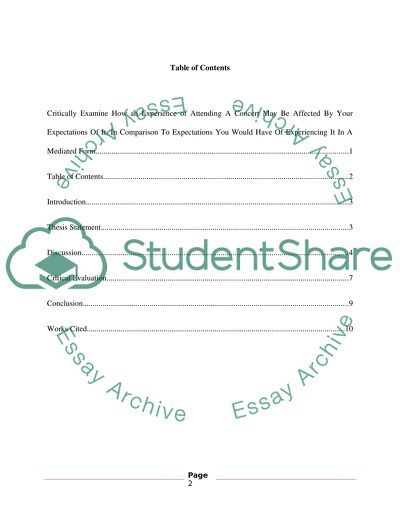Cite this document
(“How an experience of attending a concert may be affected by your Essay”, n.d.)
Retrieved from https://studentshare.org/journalism-communication/1455426-critically-examine-how-an-experience-of-attending
Retrieved from https://studentshare.org/journalism-communication/1455426-critically-examine-how-an-experience-of-attending
(How an Experience of Attending a Concert May Be Affected by Your Essay)
https://studentshare.org/journalism-communication/1455426-critically-examine-how-an-experience-of-attending.
https://studentshare.org/journalism-communication/1455426-critically-examine-how-an-experience-of-attending.
“How an Experience of Attending a Concert May Be Affected by Your Essay”, n.d. https://studentshare.org/journalism-communication/1455426-critically-examine-how-an-experience-of-attending.


